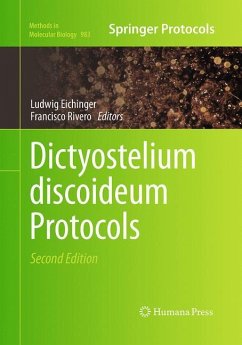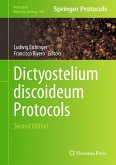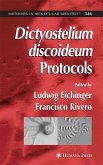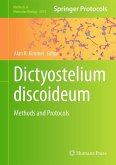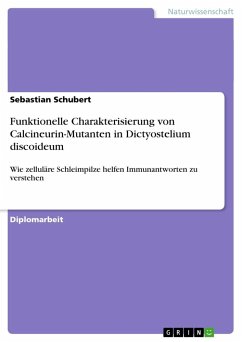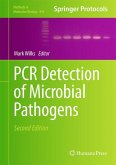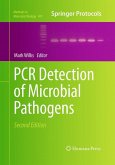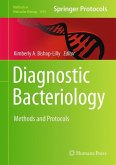Dictyostelium discoideum is a well-establish eukaryotic model organism that offers unique advantages for studying fundamental cellular processes, including signal transduction, random and directed cell motility, cytokinesis, endocytosis and vesicle transport and development. Dictyostelium is also increasingly used for the investigation of human disease genes and the crosstalk between host and pathogen. The availability of the genome sequence at a mouse click together with a whole range of supporting information and resources along with a powerful armoury of molecular genetics techniques have considerably enhanced the experimental attractiveness of D. discoideum in recent years.
The second edition of Dictyostelium discoideum Protocols incorporates the most recent developments in a number of fields. The book is divided into four parts. The first part provides an introduction to the amoebozoa and community resources. The second part presents large-scale analysis methods made possible by the completion of the Dictyostelium genome sequence. The third part is dedicated to molecular genetics techniques, cell biological, biochemical and biophysical methods. The chapters in the fourth part describe the use of Dictyostelium as a model system to study vesicle formation, trafficking and infection by bacterial pathogens.
Written in the highly successful Methods in Molecular Biology(TM) series format, chapters include introductions to their respective topics, lists of the necessary materials and reagents, step-by-step, readily reproducible laboratory protocols, and key tips on troubleshooting and avoiding known pitfalls.
Authoritative and practical, Dictyostelium discoideum Protocols, Second Edition seeks to aid scientists in the application of innovating techniques to study a range of fundamental biological processes in this attractive model organism.
The second edition of Dictyostelium discoideum Protocols incorporates the most recent developments in a number of fields. The book is divided into four parts. The first part provides an introduction to the amoebozoa and community resources. The second part presents large-scale analysis methods made possible by the completion of the Dictyostelium genome sequence. The third part is dedicated to molecular genetics techniques, cell biological, biochemical and biophysical methods. The chapters in the fourth part describe the use of Dictyostelium as a model system to study vesicle formation, trafficking and infection by bacterial pathogens.
Written in the highly successful Methods in Molecular Biology(TM) series format, chapters include introductions to their respective topics, lists of the necessary materials and reagents, step-by-step, readily reproducible laboratory protocols, and key tips on troubleshooting and avoiding known pitfalls.
Authoritative and practical, Dictyostelium discoideum Protocols, Second Edition seeks to aid scientists in the application of innovating techniques to study a range of fundamental biological processes in this attractive model organism.

